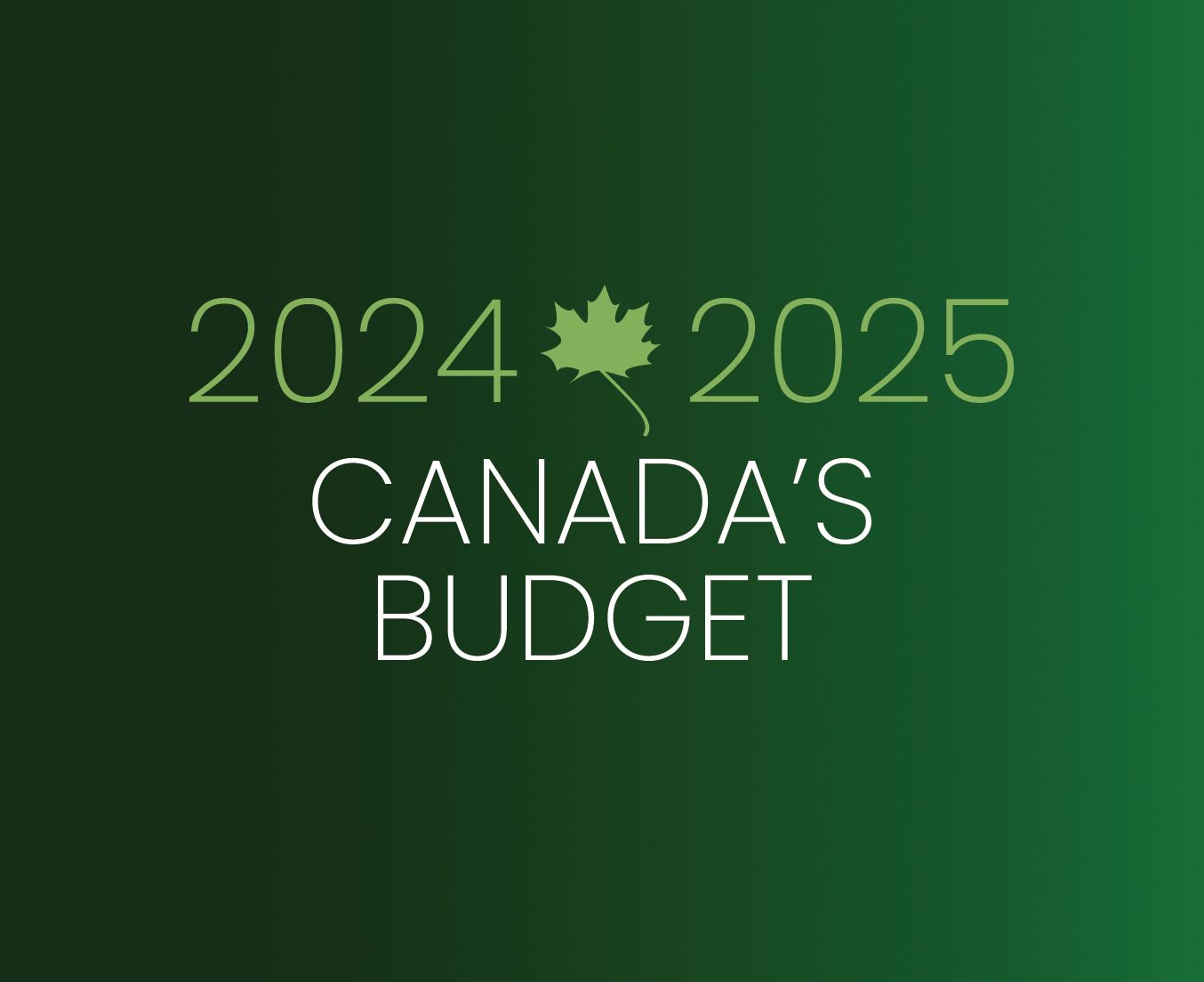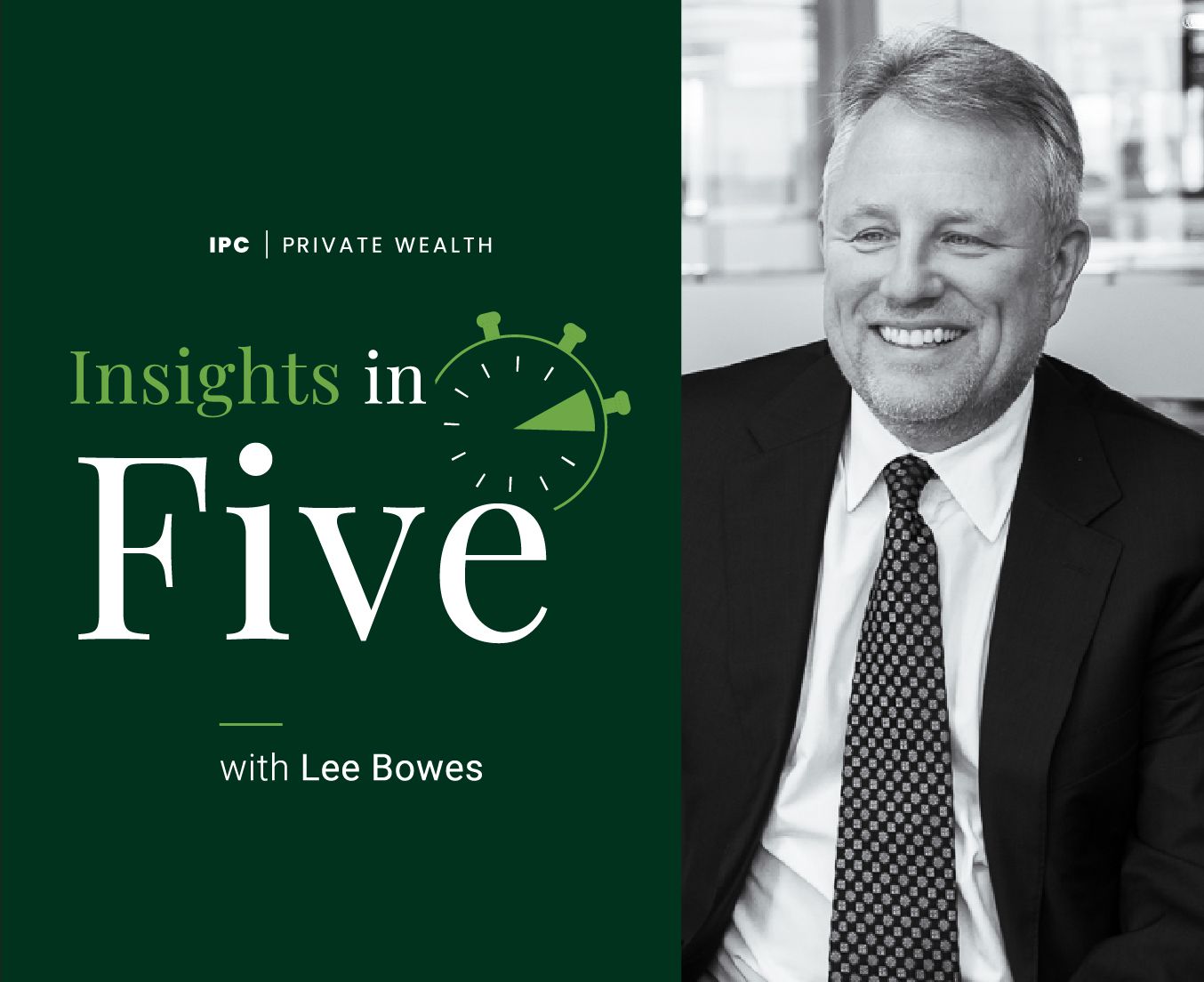Are you a small business owner with a substantial amount of surplus cash just sitting in your corporate account? If you are, you could be missing out on an opportunity to make more money for your business. An Advisor can help you devise an investment plan based on your business needs and your personal goals.
If you’re like many small business owners, you might have a substantial amount of corporate surplus – or surplus cash, or retained earnings – sitting in cash or low-interest vehicles. You may appreciate the security of liquid cash in case the business ever needs it. Or you may be too busy managing the company to worry about savings. After all, doesn’t a corporate surplus mean business is good?
The issue is “opportunity cost.” You could be missing out if retained earnings are mainly in savings accounts, Guaranteed Investment Certificates (GICS), and money market instruments. Bottom line: This surplus could be making more money for your business.
Determine your short-term needs
The first task is to determine how much of your surplus should remain as a cash reserve – so you’ll also know how much you can safely invest. The cash reserve, which is continually replenished, takes care of regular business expenses, working capital, the servicing of debt, and any upcoming capital expenditures. You’ll likely work with your accountant to put these numbers together and determine how many months of business operation the reserve should cover.
It’s also wise to add an amount that protects against risks, including an economic downturn, new competition, a sales manager leaving, or any risk specific to your business.
Investing small business profits
You can view your retained earnings as three separate portfolios.
The first portfolio is your cash reserve for short-term needs, designed for liquidity while generating interest. Some investments may be similar to your current cash holdings.
The second portfolio meets medium-term business goals over the next several years, like making a down payment on a major capital asset or expanding business operations. Investments are largely fixed income, aiming to outperform your cash reserve while taking on little risk.
The third portfolio is designed to meet long-term needs of about 10 years and more. Investments in this portfolio aim to increase the value of your business or realize future plans you may develop, and are focused on growth or on income plus growth.
Retirement savings
Some small business owners use corporate investments for personal needs, typically to help fund retirement. In theory, our tax system is designed to produce no tax advantage between taking earnings from your business now, and leaving them as corporate assets to take out later. But depending on the investments you choose and the province you live in, you could possibly accumulate more retirement savings after tax through corporate investments. Typically, you would extract corporate funds as dividends upon or during retirement.
If you want to find out more about investing your corporate surplus, talk to your advisor or one of our advisors. You should also talk to your accountant or tax advisor about corporate investments and the lifetime capital gains exemption (LCGE). In some cases, steps must be taken to ensure these investments don’t put you offside of LCGE rules.
Investment Planning Counsel





